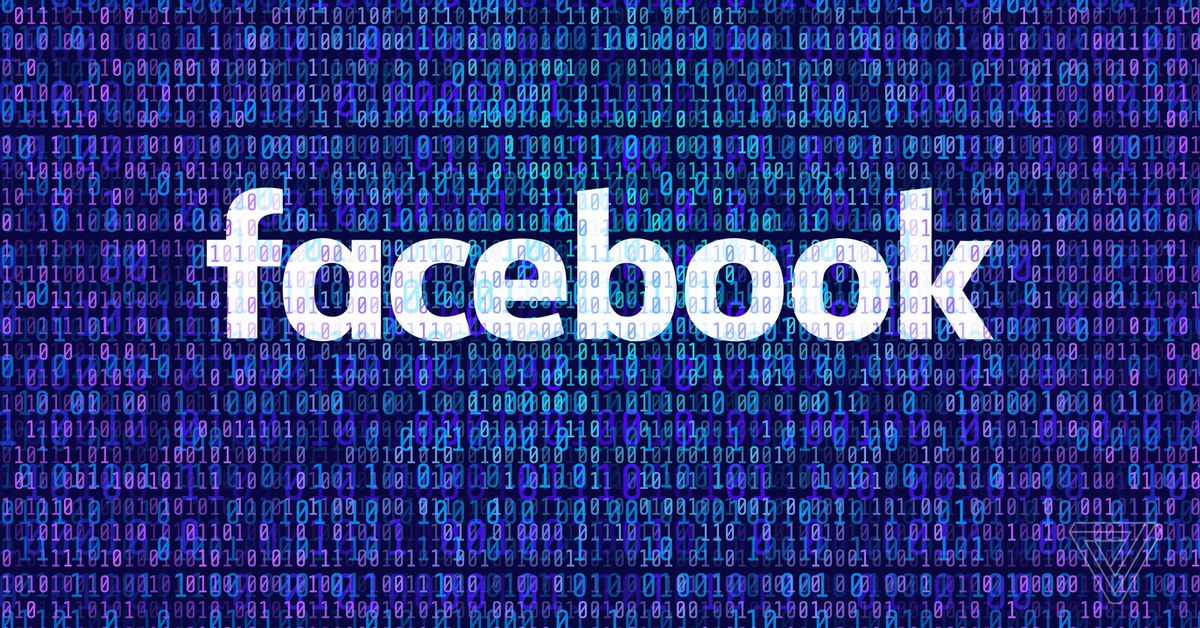
In this week’s episode of “should the social network leave it up or take it down?” we have Facebook wading into another thorny moderation situation, this time in Thailand. According to a report from The Guardian, the company has removed a Facebook group with more than 1 million members after it was threatened by the Thai government for violating local laws around defaming the ruling monarch.
The group, called “Royalist Marketplace,” was created in April by academic Pavin Chachavalpongpun, a critic of the Thai government and its king, Maha Vajiralongkorn, who now lives in Japan. However, on Monday, the group was restricted based on a legal request from Thailand’s Ministry of Digital Economy and Society. The group was dedicated to discussing Vajiralongkorn and it had amassed more than 1 million members in the past four months, the report states.
Thailand has laws against criticizing its monarch punishable with up to 15 years in prison, The Guardian reports. The government on August 10th gave Facebook about two weeks to comply with its takedown order or risk fines of roughly $6,300 per day under the country’s Computer Crime Act, a controversial piece of legislation passed in 2016.
“Our group is part of a democratization process, it is a space for freedom of expression,” Pavin said in an interview with Reuters. “By doing this, Facebook is cooperating with the authoritarian regime to obstruct democracy and cultivating authoritarianism in Thailand.”
Facebook restricted the group to avoid fines from the Thai government
“After careful review, Facebook has determined that we are compelled to restrict access to content which the Thai government has deemed to be illegal. Requests like this are severe, contravene international human rights law, and have a chilling effect on people’s ability to express themselves,” a Facebook spokesperson said in a statement given to The Verge. “We work to protect and defend the rights of all internet users and are preparing to legally challenge this request. Excessive government actions like this also undermine our ability to reliably invest in Thailand, including maintaining an office, safeguarding our employees, and directly supporting businesses that rely on Facebook.”
These debates are difficult, and there are no easy answers. But the company’s response is not all too surprising. Facebook has often prided itself as a bastion for free speech — Facebook CEO Mark Zuckerberg has said his company tries to chart a middle path between moderating the platform as a total speech free-for-all that could cause real-world harm and a censorious liability that infringes on civil and human rights. He’s also evoked the threat of China as a reason why Facebook tends not to take action on speech when many critics think it should.
But in practice, Facebook has shown it often avoids making decisions that disadvantage it politically. It’s also comfortable with censorship and defers to local governments rather than risk financial penalty or, even worse, shutting down access to the platform in a foreign country. That’s despite potential human rights abuses that may arise like the catastrophic episode in Myanmar, where ruling members of the military used hate speech on Facebook to promote its real-world genocide of the minority Muslim Rohingya population.
In the US, this has played out in the form of top Facebook executives like policy chief Joel Kaplan personally intervening in third-party fact-checks to ensure conservative pages and individuals don’t receive suspensions or bans. One of the company’s Indian policy lobbyists, Ankhi Das, was also recently shown to have given preferential treatment to politicians belonging to the party of India’s ruling regime, some of whom were peddling dangerous hate speech against Muslims. After a journalist criticized her by sharing a link to a Wall Street Journal story on Facebook, Das filed a criminal complaint him and five others, claiming she was endangered by their comments.
Update August 24th, 6PM ET: Added statement from Facebook.
